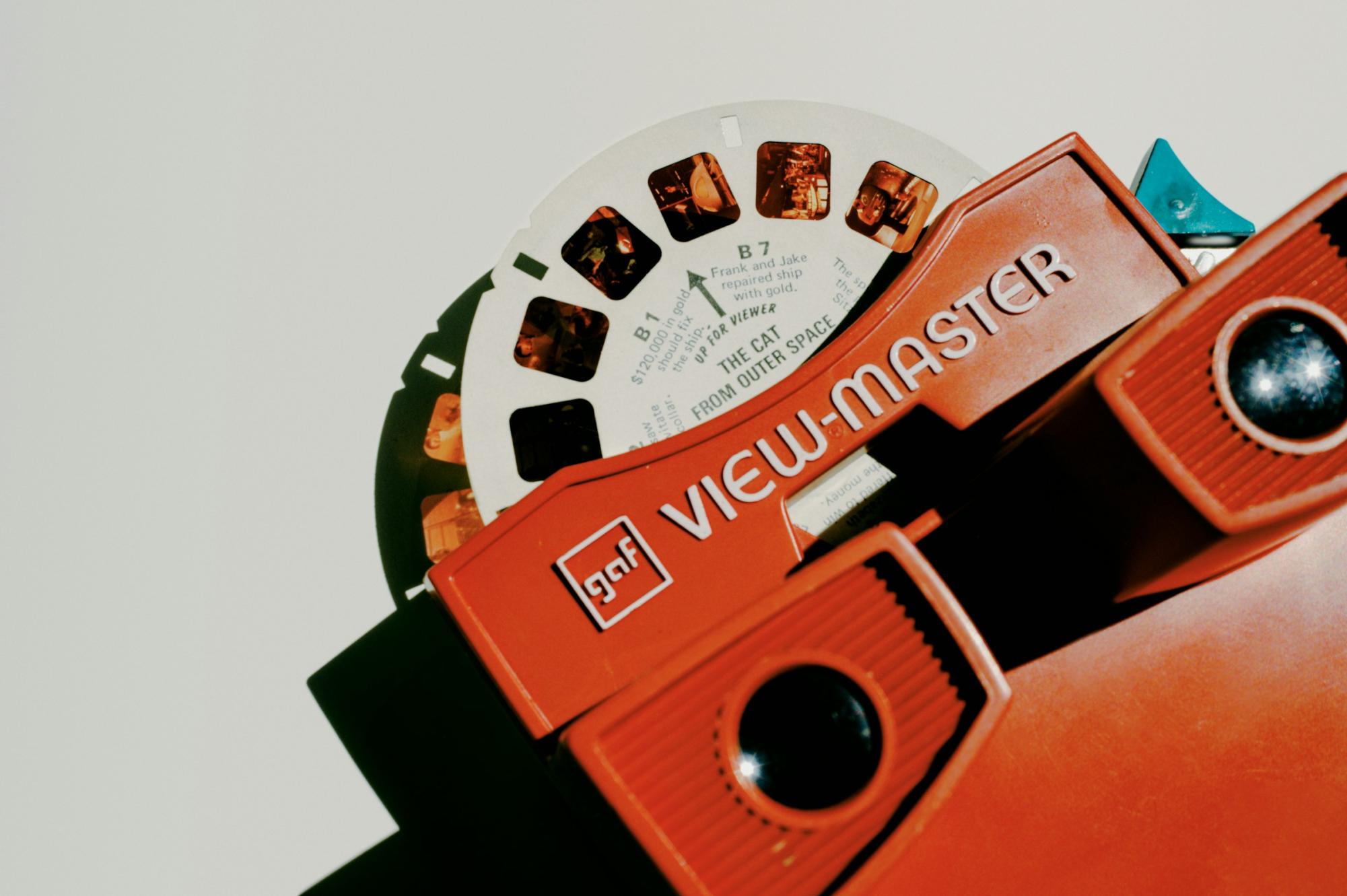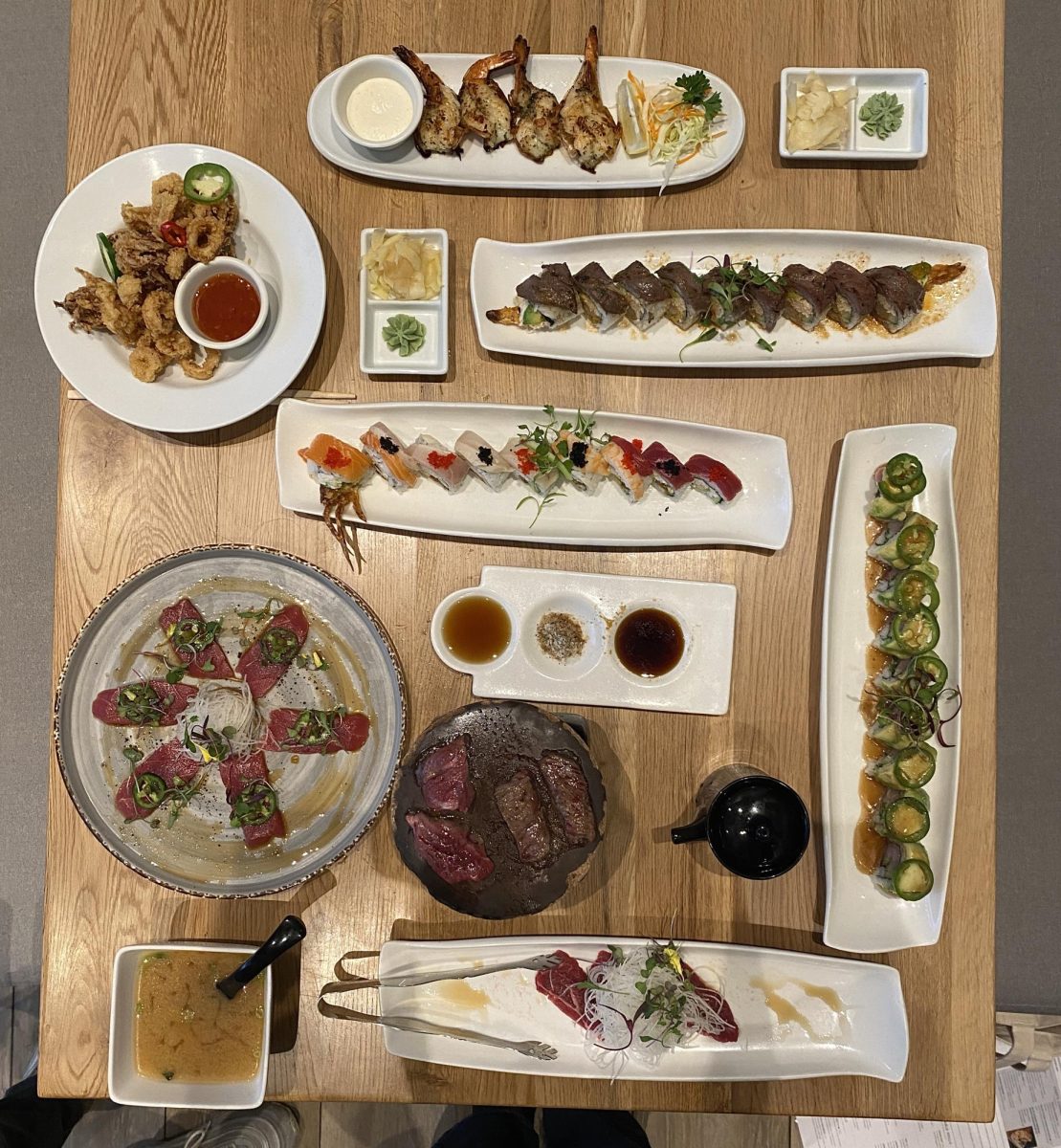College life can be difficult from time to time. Leaving home can cause longing whether you are coming from the other side of the world or just a few blocks away. After all, for many of us, college is our first time stepping into adulthood and taking on responsibilities — we have classes to pass, grades to maintain, projects to complete, and bills to pay. Long story short, when the present feels overwhelming and the unknown future causes stress, it might be a good idea to look back to the “good old days” when you had little to no responsibilities. Enjoy the positive experiences you have stored in your mind and perhaps carry that energy with you into your future. That is the power of nostalgia.
The word nostalgia has a surprisingly interesting history. During the late 17th century, Johannes Hoffer, a medical student, discovered a strange illness in Swiss soldiers. It had physical symptoms such as fatigue, insomnia, and fever. Yet, the cause wasn’t physical; rather, their intense longing for their homelands was to blame. Derived from the Greek words “nostos,” meaning homecoming, and “algos,” meaning longing or pain, he came up with the word “nostalgia”.
Of course, there are differences between soldiers fighting for their lives and our own homesickness. Yet, the conditions we find ourselves in can sometimes seem like a matter of life and death. Perhaps it’s most challenging for the freshmen and the seniors facing major life transitions. Many seniors, like myself, are probably stressed out by the question: “What am I going to do after I graduate?”
If you are stressed, imagine that you are driving on Highway 1, alone, when suddenly you realize one of your favorite songs is playing on the radio. Could you keep yourself away from smiling? Probably not. While apps like YouTube and Spotify allow us to listen to whatever song whenever we want, there is a simple pleasure in hearing a song you love unexpectedly on the radio. Nostalgia can come from anywhere: a song that you used to listen to when you were a teenager, a taste of food reminiscent of your dad’s secret pasta recipe, or a sniff of your mother’s perfume that she wore during your childhood.
Today, nostalgia is no longer considered a psychological illness. Modern psychologists believe it is a coping mechanism during periods of loneliness, stress, and transition. The important thing is that nostalgia doesn’t usually put you in a negative mood. Instead, it makes you remember meaningful times, people and places you love, and most importantly, your past self.
According to psychologist Valentina Stoycheva, we desire to feel the positive emotions that we felt in the past and to connect with the version of ourselves that we used to be. She states, “Nostalgia is usually a yearning for our past selves, not just for a time and place.” Psychological research tells us that humans tend to reach for nostalgia when in a negative mood, especially loneliness.
Now, I have some questions for you. Would you smile if you unexpectedly came across your favorite childhood cartoon or sitcom while zapping through channels on cable TV? Or if you took a bite from a cake that tastes just like what your grandmother used to make when you were little? Or if you see an Instagram post reminiscent of one of your favorite vacations? These may be considered small joys, perhaps even insignificant, but they can have a vast impact on your psychological well-being. So, if you are feeling lonely or homesick, ask yourself, what makes you nostalgic?








